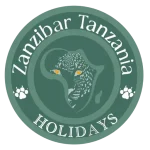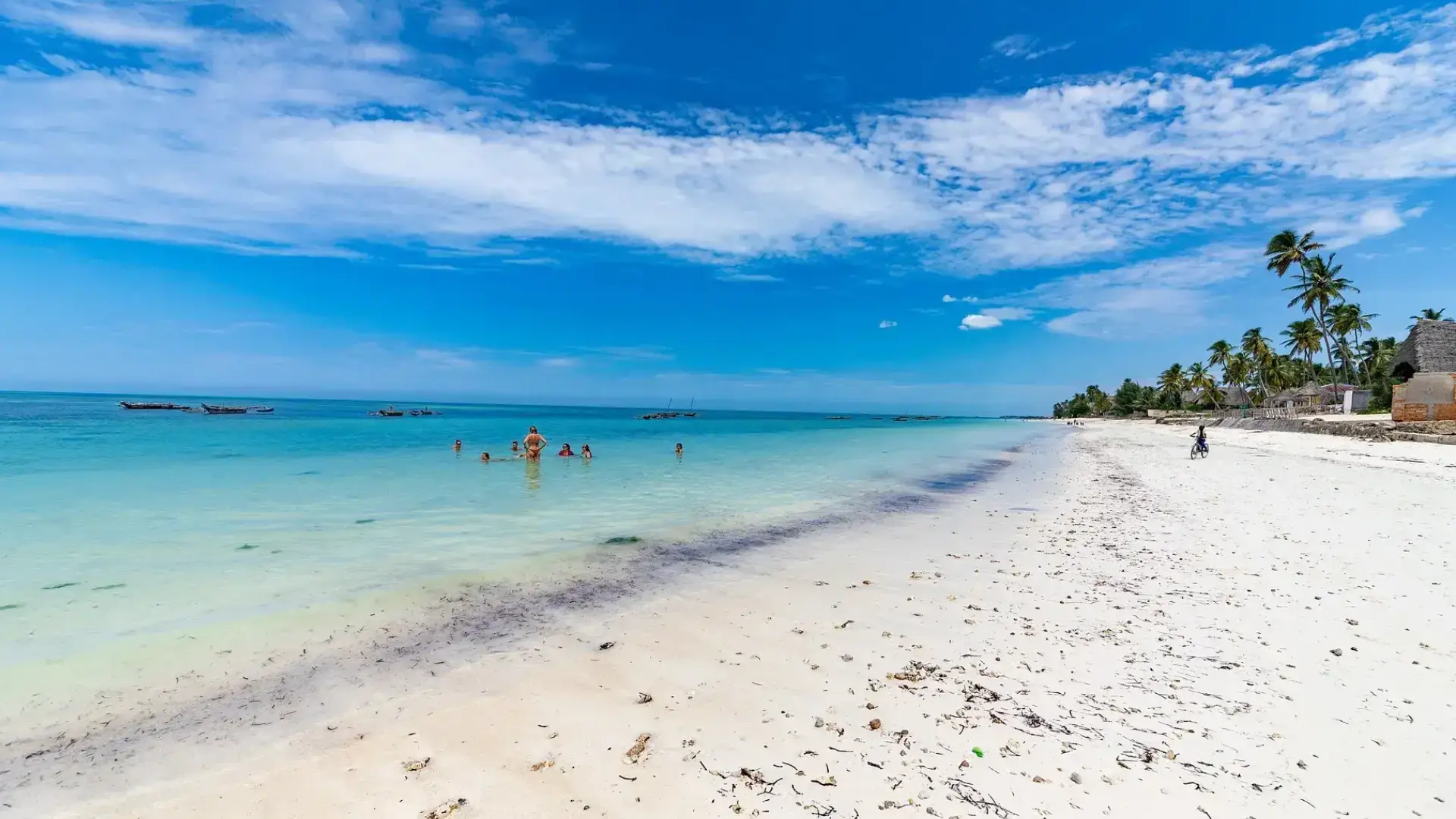Rwanda Safari Cost
The Rwanda Safari Cost can vary greatly depending on factors such as the type of accommodation, length of stay, activities, and the time of year you travel.
On average, a budget safari in Rwanda can range from $200 to $350 per day, while mid-range safaris typically cost between $400 and $700 per day. Luxury safaris can exceed $1,000 per day.
The most significant cost for many travellers is the Gorilla Trekking Permit, which is priced at around $1,500 per person (as of 2024). This cost greatly influences the overall budget.
Other activities like game drives, chimpanzee trekking, and boat safaris also add to the total expense. Additional costs include transportation, park fees, and guide services. You may find discounts during the low season, but prices typically rise during peak travel periods (June to September).
Factors Affecting the Cost of a Rwanda Safari
Planning a tour in Rwanda involves a lot of different things that have a big impact on the total cost. Every part of discovering this beautiful country, from the places you visit to the things you can do, makes the experience unique.
Destination and Activities
The choice of activities and destinations plays a major role in determining the overall expense. Rwanda is home to a variety of attractions that suit different interests.
- Gorilla trekking in Volcanoes National Park is a high-end activity with permits priced at $1,500 per person, supporting conservation for endangered gorillas.
- Game drives in Akagera National Park are more budget-friendly and provide chances to see the Big Five.
- Nyungwe Forest National Park is ideal for chimpanzee trekking and birdwatching, making it a must-visit for nature lovers.
- Additional activities like golden monkey tracking, cultural tours, and hikes in the Virunga Mountains cost between $20 and $200 per person.
Choosing the right mix of activities ensures a memorable and budget-aligned safari.
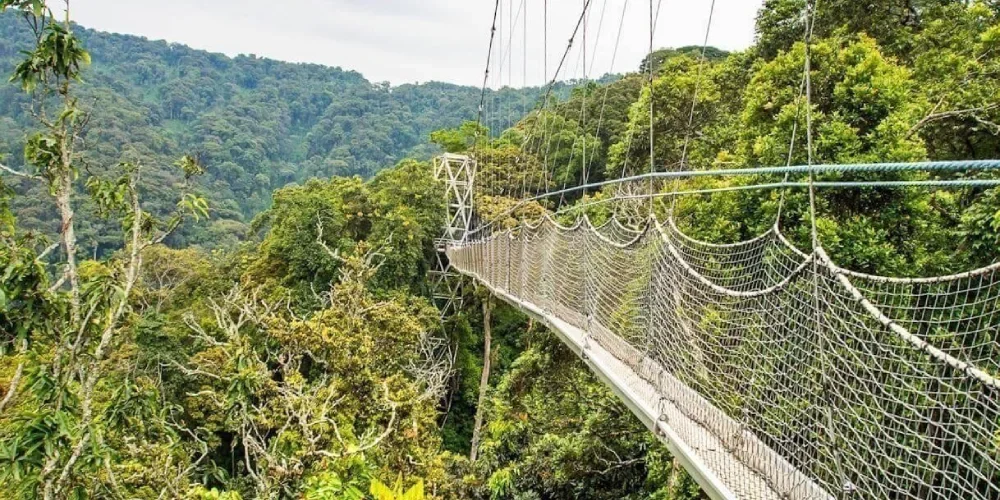
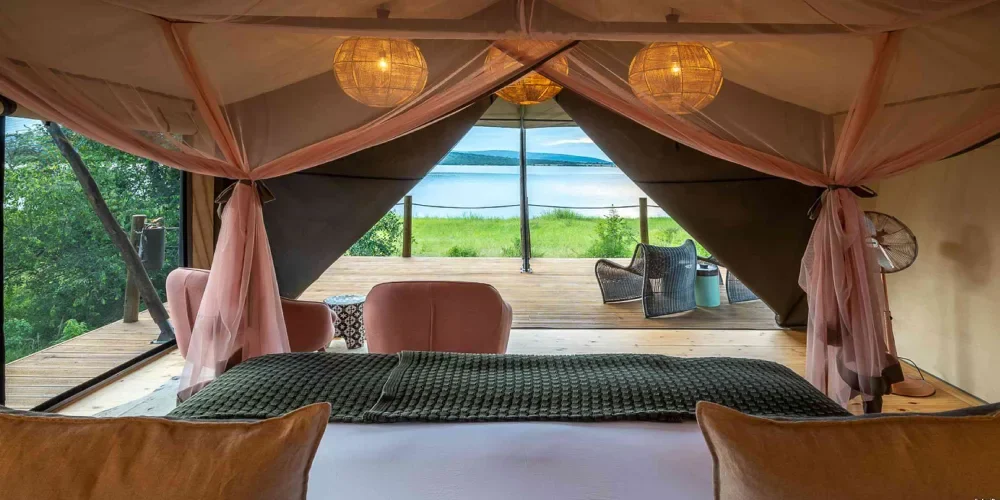
Accommodation
Accommodation is one of the most significant factors influencing the overall cost of your Rwanda safari. Options range from budget to luxury, catering to diverse preferences.
- Mid-range lodges, priced around $300 per person per night, offer comfort and good value.
- Luxury lodges, which exceed $1,500 per person per night, deliver premium experiences with stunning views and top-notch services.
Staying near major parks like Volcanoes National Park increases the cost, but options farther away can help reduce expenses.
Seasonality
Seasonal variations in Rwanda directly affect safari costs. Understanding the peak and shoulder seasons is essential for budget planning.
- Peak seasons (June to September and December to February) have higher prices due to excellent weather and wildlife visibility.
- Shoulder seasons offer slightly lower costs, vibrant greenery, and fewer visitors, providing a different yet rewarding experience.
Selecting the right season ensures the best balance of cost and experience for a Rwanda Safari.
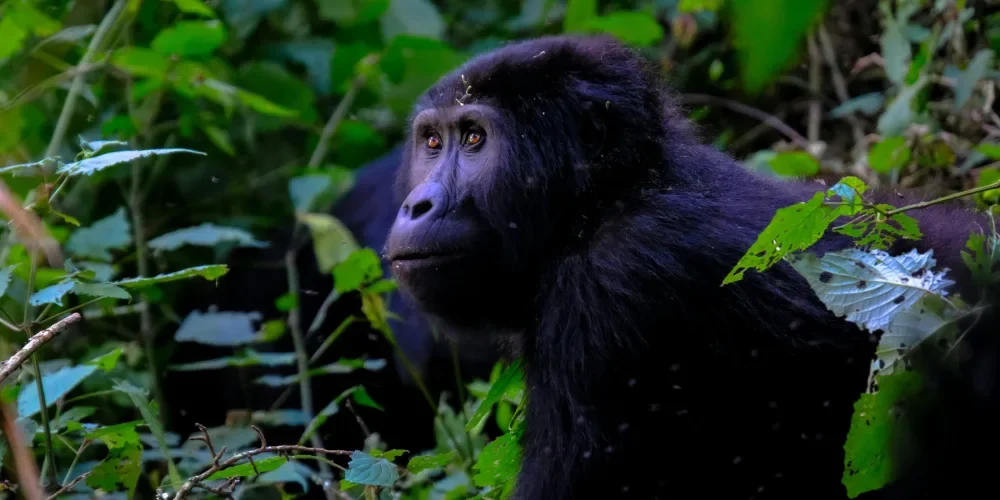
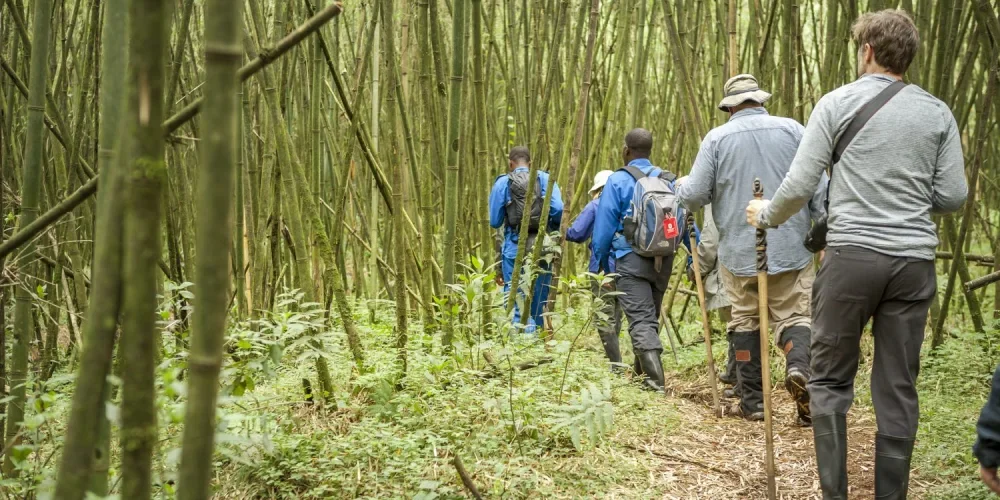
Duration of Stay
The length of your safari influences both the experience and the total cost. Longer stays provide more in-depth exploration but come with additional expenses.
- A 7-day safari, including gorilla trekking and visits to other parks, may range between $9,000 and $15,000 per person, depending on your accommodation choices.
- Shorter stays can reduce costs but may limit your exploration of Rwanda’s unique attractions.
Plan your safari duration based on your interests and budget.
Group Size
Group size can significantly impact the cost of a safari. Travelling with others helps distribute expenses and make the trip more affordable.
- Group safaris are economical as costs for vehicles and guides are shared.
- Private safaris offer personalized experiences but are typically more expensive.
Sharing transportation and guides is a practical way to reduce costs without compromising the experience.
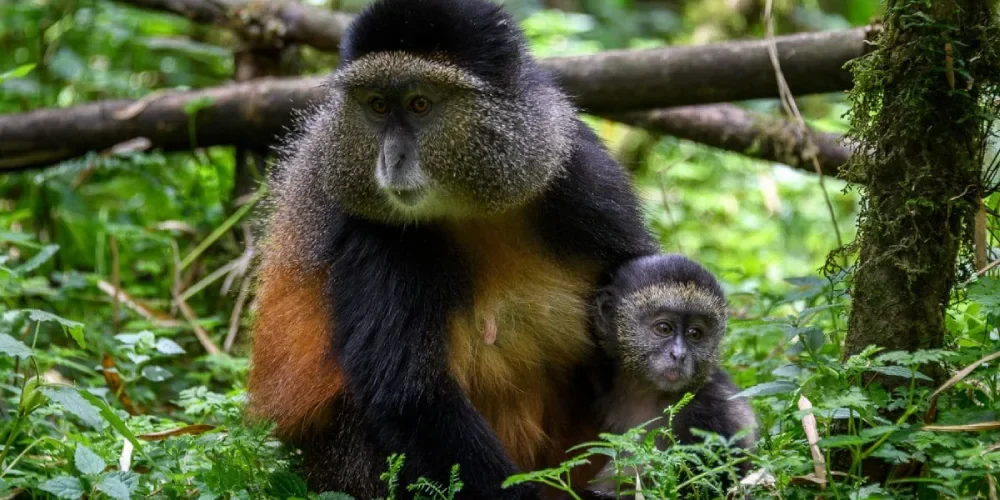
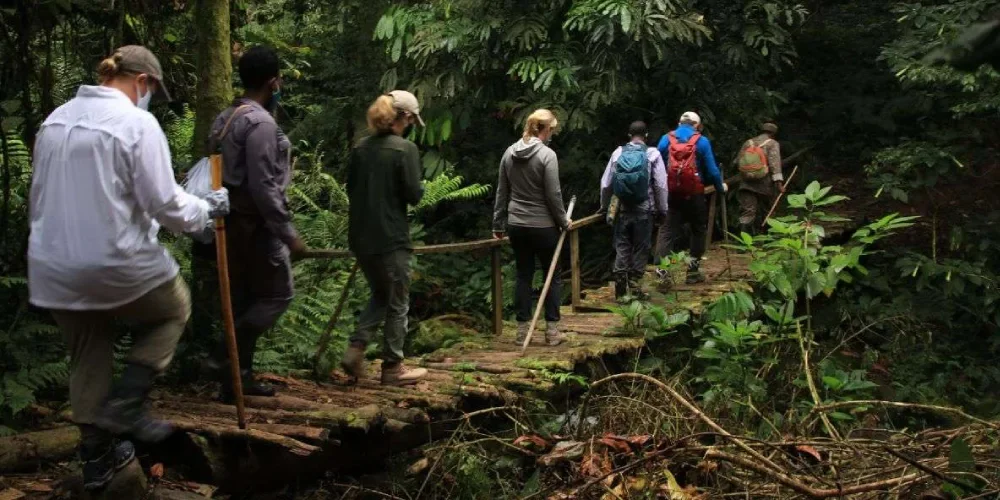
Transportation
Transportation is a key factor in safari costs and can vary based on your travel preferences.
- Domestic flights between parks are convenient but expensive, costing $200 to $400 per person per trip.
- Hiring a private 4×4 vehicle with a guide, starting at $130 per day, is a flexible and budget-friendly alternative.
Road transfers provide the freedom to explore Rwanda’s landscapes at a lower cost.
Permits and Park Fees
Permits and entry fees are essential parts of a Rwanda safari, supporting conservation efforts and contributing to the overall budget.
- Gorilla trekking permits cost $1,500 per person and is the largest expense for most travellers.
- Chimpanzee trekking permits in Nyungwe Forest are priced at $150 per person.
- Entry fees for other parks range from $30 to $100 per person.
Including these fees in your budget is vital for a well-planned safari.
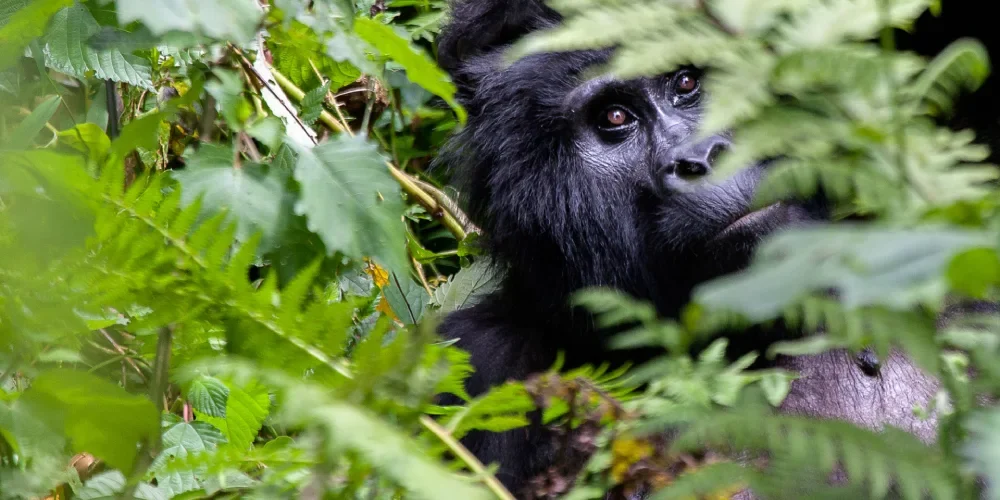
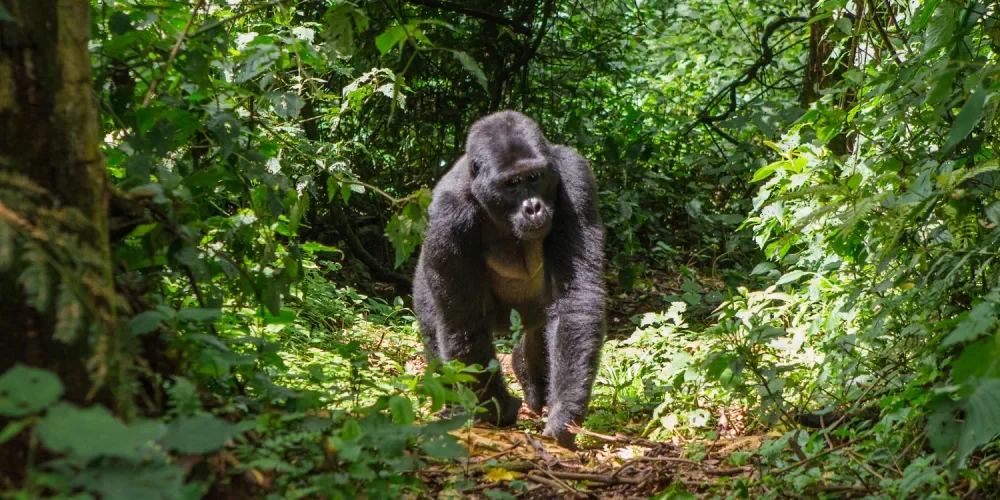
Additional Costs
Several additional expenses contribute to the total Rwanda safari cost, and understanding them ensures you’re prepared for the journey.
- Visas: A single-entry visa costs $50, while the East African tourist visa is $100.
- Vaccinations: A yellow fever vaccination is mandatory, and malaria precautions are strongly recommended.
- Tipping: Guides typically expect $10–$20 per person per day, and $5–$10 per day for general staff.
- Personal expenses: Set aside $100 to $500 for souvenirs, snacks, and incidental costs.
With proper planning, these additional costs can be managed effectively to ensure you get a flawless safari experience.
Adventure Awaits with Rwanda Safaris!
Every activity in Rwanda is worth the money because it creates memories that will last a lifetime.
Tracking majestic gorillas, exploring lush woods, or enjoying peaceful landscapes are all magical things that can be done on a Rwanda Safari.
Create lasting impressions today by planning your personalized tour. Enjoy Rwanda!
Rwanda Safari Cost Faqs
What is Darajani Market known for?
Darajani Market is the main market in Zanzibar, famous for fresh produce, spices, seafood, and local goods. It’s a hub of activity where locals shop for daily essentials.
Where is Darajani Market located?
Darajani Market is situated in Stone Town along Darajani Road, near landmarks like the Anglican Cathedral and Mnazi Mmoja Hospital.
What are the best times to visit Darajani Market?
The best times to visit are mornings (9:00 AM – 11:00 AM) for fresh food or evenings (5:00 PM – 6:30 PM) when the market is less crowded.
What can I buy at Darajani Market?
You can shop for spices, tropical fruits, vegetables, seafood, meat, vibrant kanga fabrics, souvenirs, and everyday essentials like tools and electronics.
Is Darajani Market suitable for tourists?
Yes, Darajani Market offers a unique cultural experience. Tourists can explore local food, buy souvenirs, and enjoy the vibrant atmosphere.
How do I reach Darajani Market in Stone Town?
The market is easily accessible on foot from Stone Town’s winding streets or by using a local map to navigate directly to Darajani Road.
Rwanda
Suggested Packages
Explore our curated Rwanda travel packages designed to turn your dream getaway into reality. Whether you’re after thrilling adventures, peaceful retreats, or a mix of both, we’ll craft the perfect Rwandan escape just for you. Reach out today and let’s start planning unforgettable memories together!
Reviews
From lion chases to lazy sunsets, our travelers spill stories that prove East Africa is wilder and warmer than imagined.
4.8
Based on 10+ reviews
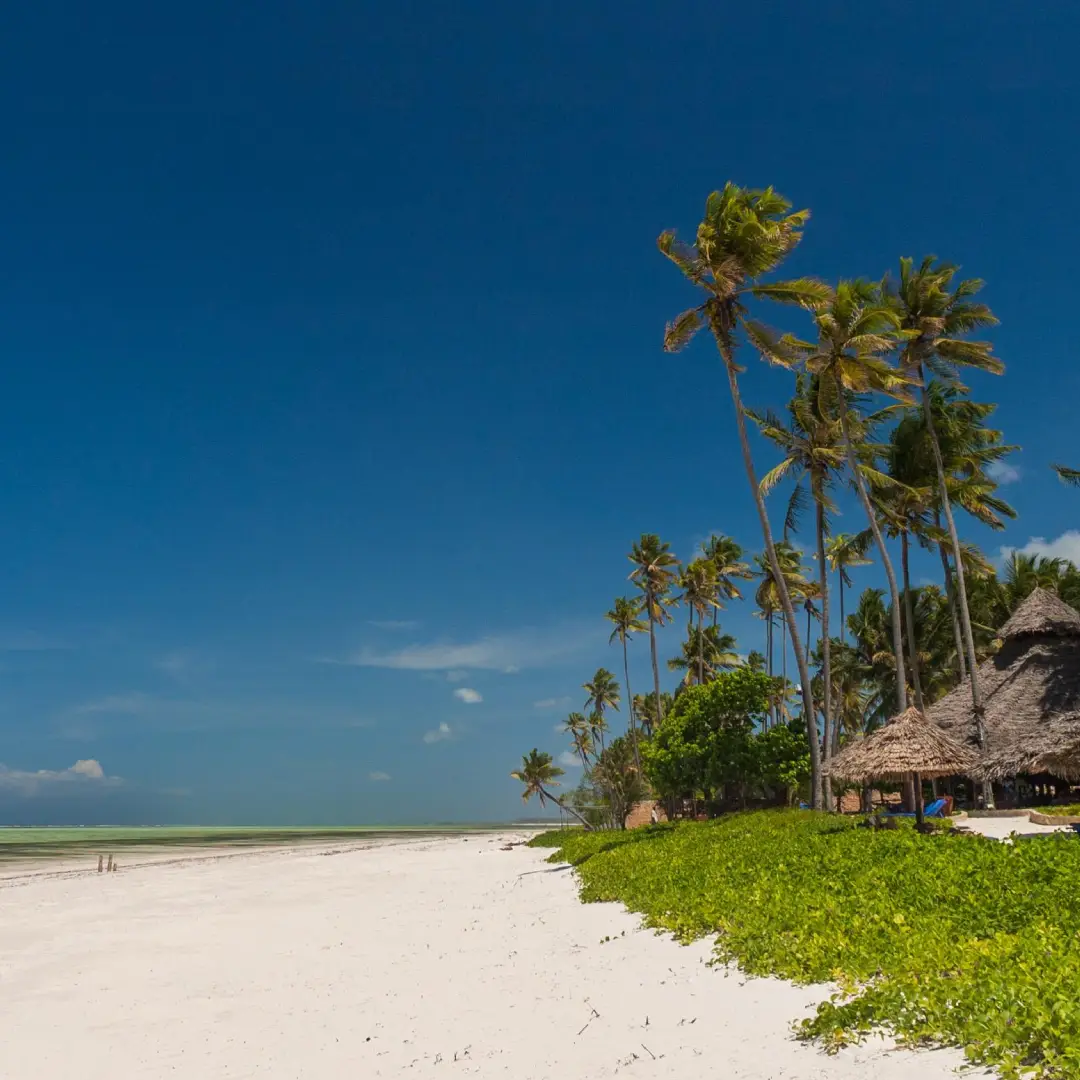
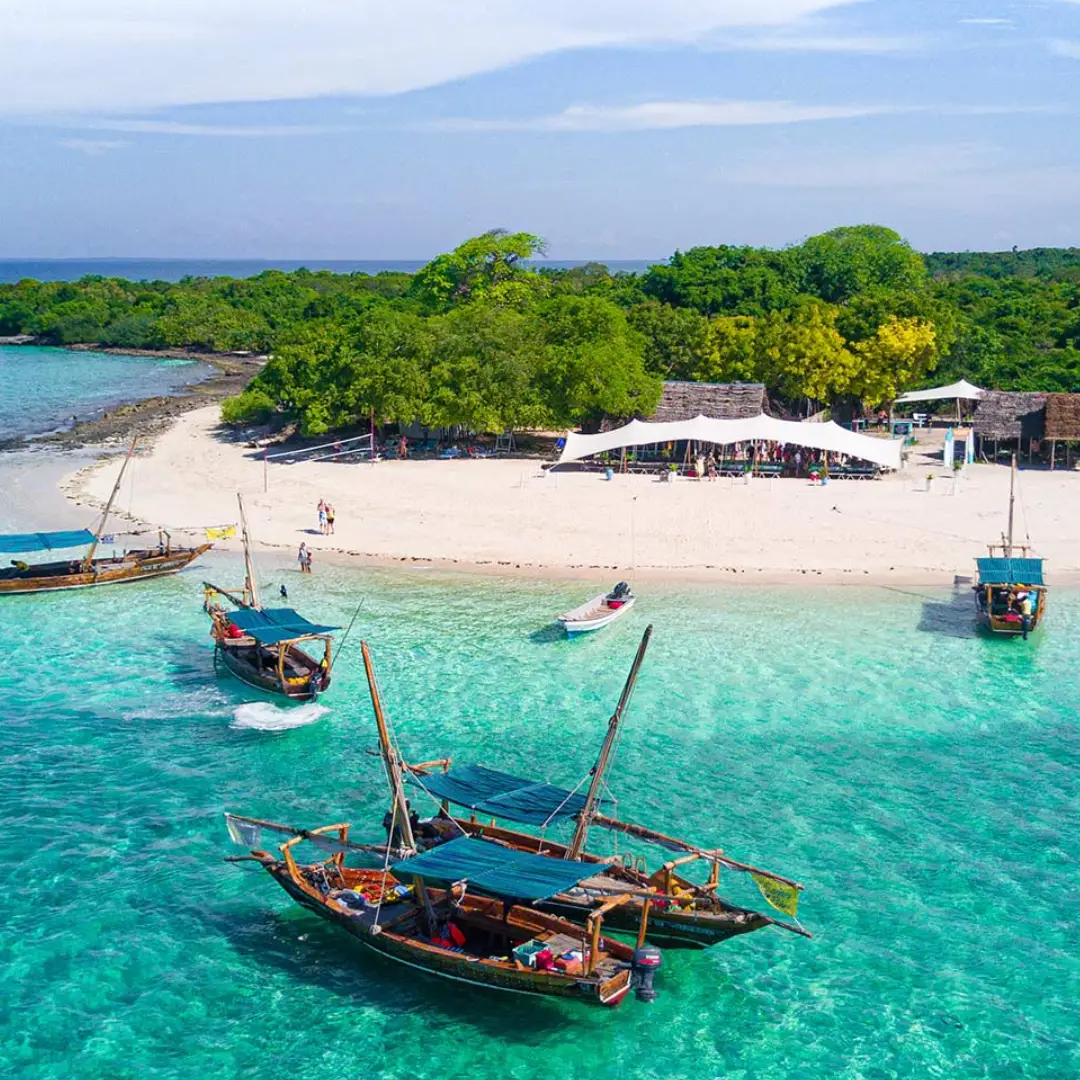
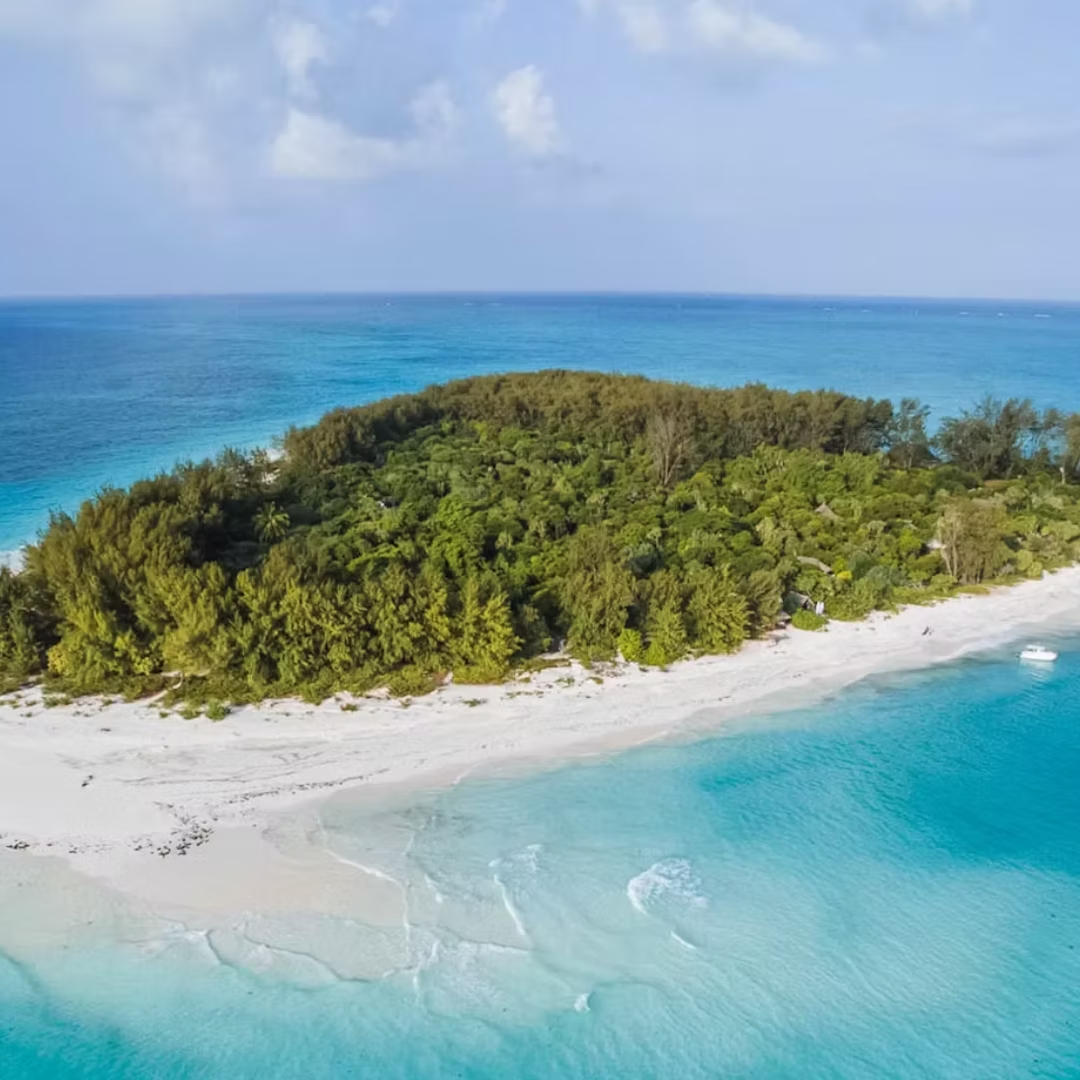
Tailor Your East African Travel Experience
Design a journey that fits your travel style—from safari thrills to beachside peace, cultural moments to gorilla treks. We shape each itinerary around what matters to you.
20
OVER 20 ACTIVITIES FOR ALL
about

